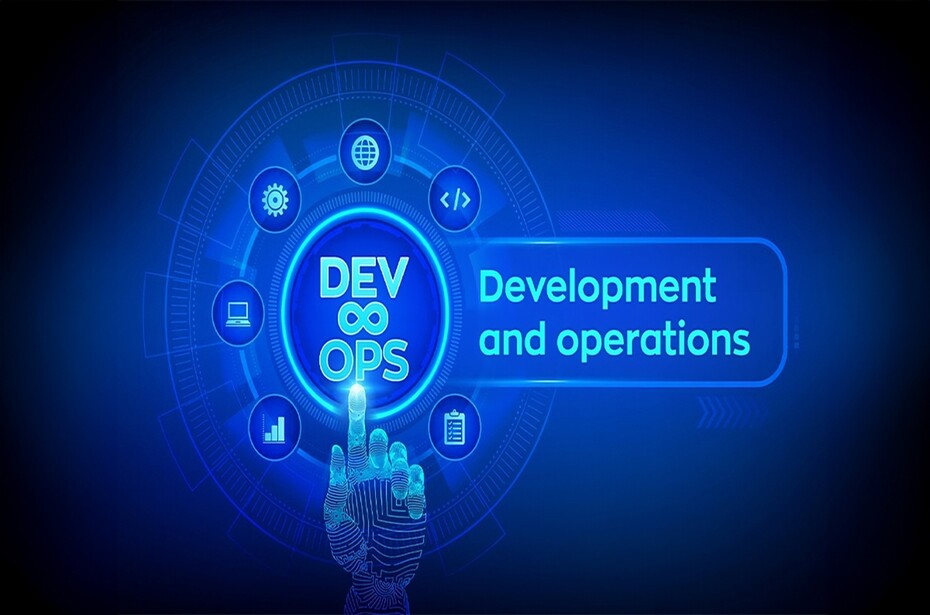The role of DevOps has become increasingly pivotal, driving collaboration, automation, and efficiency across the development lifecycle. As technology continues to evolve, so too does the practice of DevOps, with new trends and methodologies shaping the way teams collaborate, deploy, and manage software applications. In this article, we explore the evolution of DevOps and the trends that are reshaping collaboration and automation in the modern software development landscape.
The Origins of DevOps:
Trends Shaping DevOps:
- Shift-Left Testing: One of the key trends in DevOps is the adoption of "shift-left" testing, which involves moving testing activities earlier in the development process. By incorporating testing into the initial stages of development, teams can identify and address issues sooner, reducing the risk of defects and improving software quality.
- Infrastructure as Code (IaC): Infrastructure as Code (IaC) has gained traction as a best practice in DevOps, enabling teams to define and manage infrastructure using code. By treating infrastructure as code, teams can automate the provisioning, configuration, and deployment of infrastructure resources, leading to greater consistency, scalability, and agility.
- Containerization and Orchestration: Containerization technologies such as Docker and Kubernetes have become foundational components of DevOps, offering lightweight, portable, and scalable environments for deploying and managing applications. By containerizing applications and orchestrating their deployment and scaling, teams can achieve greater flexibility, efficiency, and resilience.
- Site Reliability Engineering (SRE): SRE has emerged as a discipline within DevOps focused on ensuring the reliability, availability, and performance of software systems. By applying principles of software engineering to operations tasks, SRE aims to automate processes, implement monitoring and alerting, and improve incident response and recovery.
- GitOps: GitOps is a methodology that leverages version control systems such as Git to automate infrastructure provisioning and application deployment. By managing infrastructure and configuration changes through Git repositories, teams can achieve greater visibility, traceability, and control over their development and operations workflows.
Challenges and Considerations:
- Cultural Transformation: Adopting DevOps requires a cultural shift within organizations, with an emphasis on collaboration, communication, and shared accountability. Overcoming resistance to change and fostering a DevOps culture can be challenging but is essential for success.
- Toolchain Complexity: The DevOps toolchain encompasses a wide range of tools and technologies, from version control systems and CI/CD pipelines to monitoring and logging solutions. Managing and integrating these tools effectively can be complex and require careful planning and expertise.
- Security and Compliance: DevOps introduces new challenges in terms of security and compliance, particularly with regards to automation and rapid deployment. Organizations must prioritize security practices such as code scanning, vulnerability management, and access control to mitigate risks.



